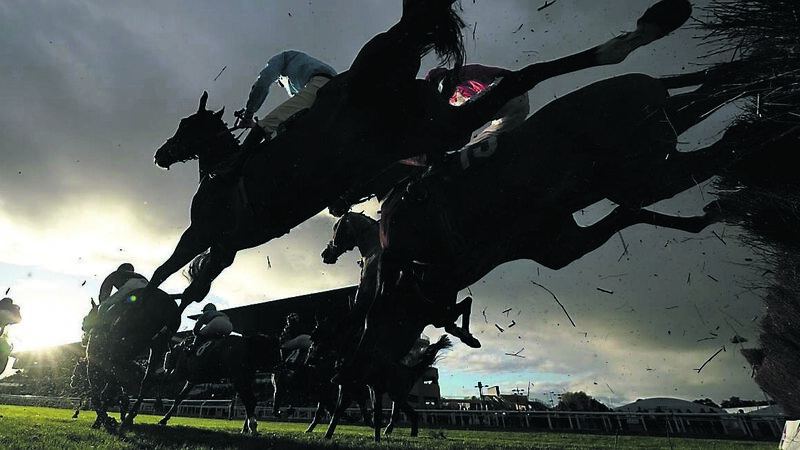Ruby Walsh: BHA needs to regulate and remember that less is more

Oh, the pleasure of having one body in charge of your sport came home to roost for Irish racing during the week.
Horse Racing Ireland looks after all things commercial for the sport here in Ireland. Sitting on its board is a cross representation of the industry bodies, stakeholders, and the Irish Horseracing Regulatory Board, the regulator. In theory, that’s a pretty simple structure and, on the whole, works well, whereas our neighbours across the pond have a system that is anything but simple and one where nobody seems to be in charge.










